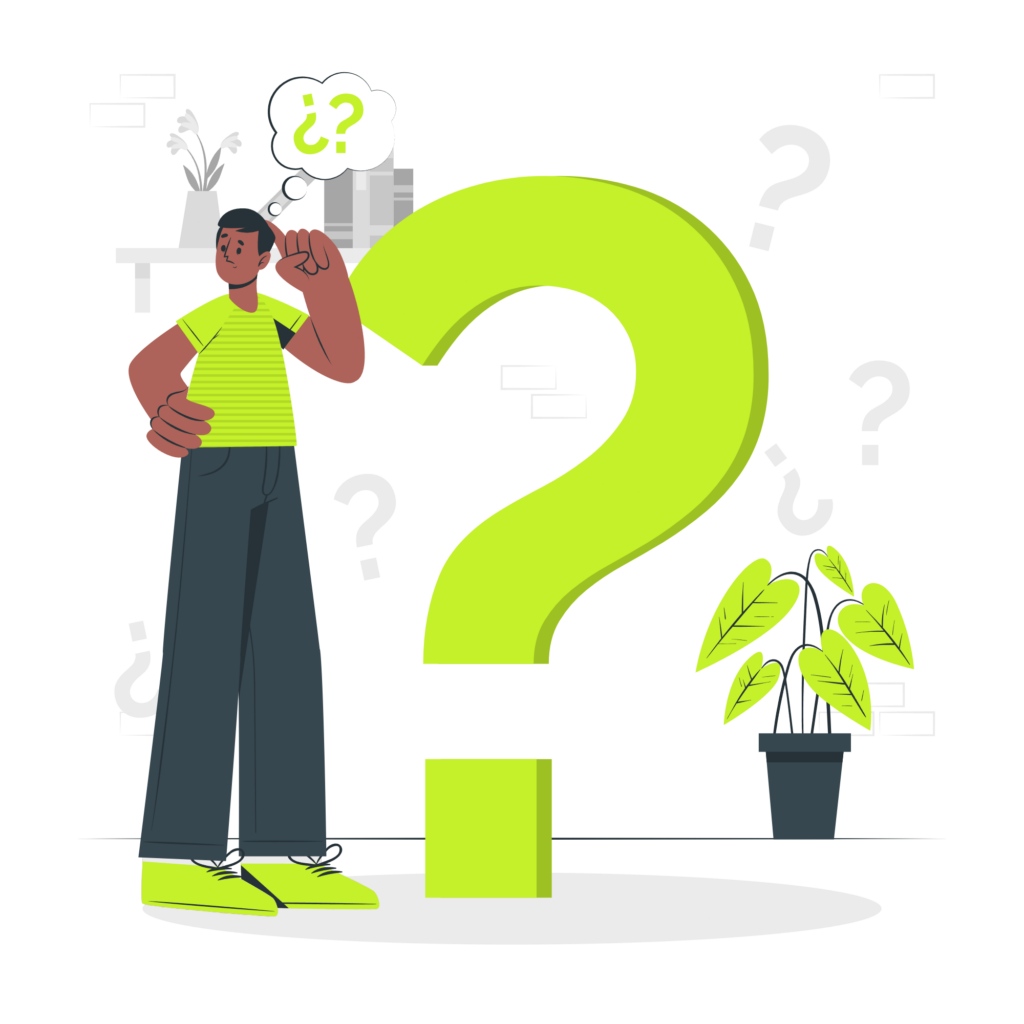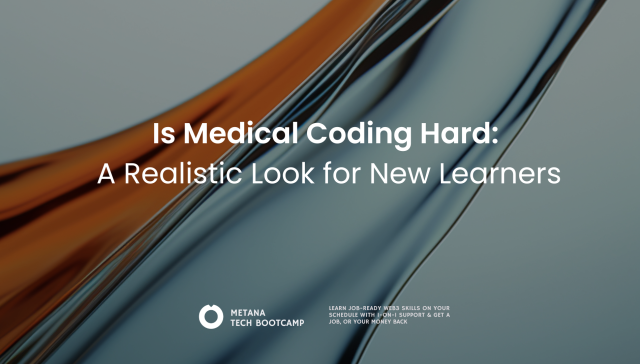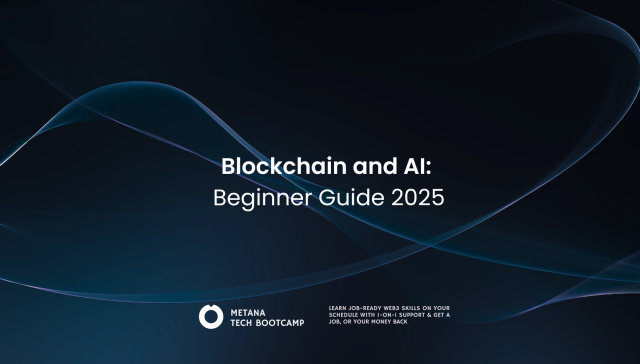Have you stumbled upon the acronym DAO and scratched your head in confusion? You’re not alone. Decentralized Autonomous Organizations are the new hot topic in the web3 world, and for good reason. Imagine a club where everyone has a say, decisions are made collectively, and it’s all powered by the magic of code. That’s the essence of a DAO.
But fear not, web newbies! This article is your friendly guide to understanding DAOs. We’ll break down the complex concepts into bite-sized pieces, so you’ll be a DAO expert in no time. Forget needing a blockchain degree – we’ll explain everything in clear, simple language. So, get ready to explore the exciting world of DAOs!
What is a DAO?
Let’s move beyond metaphors for a moment and delve into the formal definition of a DAO. A Decentralized Autonomous Organization (DAO) represents a novel organizational structure that operates on a blockchain. These entities are characterized by two key aspects:
- Decentralization: Decision-making authority is distributed among its members, eliminating the need for a central governing body.
- Autonomy: The organization’s operations are governed by pre-programmed rules enshrined in smart contracts, a type of self-executing code on a blockchain.
In simpler terms, a DAO functions as a self-governing online community united by a shared purpose. Members collaborate and make decisions collectively, adhering to the established rules within the smart contracts.

How Does a DAO Work?
A DAO, or Decentralized Autonomous Organization, is an organization that operates on blockchain technology and does not have traditional management structures. DAOs aim to improve upon the traditional management structure of many companies by giving every member a voice, vote, and the opportunity to propose initiatives. Here’s a breakdown of how does a DAO work:
- Establishing Rules: The rules of a DAO are written into code using smart contracts, which are algorithms that work based on specific criteria. These smart contracts lay out the foundational framework by which the DAO operates. They are highly visible, verifiable, and publicly auditable, allowing potential members to fully understand how the protocol functions.
- Membership and Governance: DAOs are formed by a group of people who agree to abide by certain rules to achieve common goals. Each individual member of the DAO oversees the protocol at some level, and it is in their best interest to vote and approve proposals that serve the best interest of the protocol itself. This alignment of incentives ensures that the protocol’s success benefits all token holders.
- Decision-Making: DAOs typically make decisions through a voting process. Each member of the DAO has voting power proportional to their ownership of the native token. Proposals can be made by any member, and voting is done by the members to determine the outcome of the proposal. This democratic and decentralized decision-making process allows for a more inclusive and transparent governance structure.
- Capital and Investments: DAOs raise capital by trading fiat currency for their native token, which represents voting power and ownership proportion across members. If a DAO is successful, the value of the native token can increase, allowing the DAO to issue future tokens at a greater value to raise more capital. DAOs can also invest in assets such as companies, NFTs, or other tokens, and if those assets appreciate in value, the value of the DAO increases.
- Use Cases: DAOs can have various purposes and applications. Some examples include charitable organizations where members approve donations, freelancer networks where funds are pooled for software subscriptions, and venture capital firms owned by a group. The potential use cases for DAOs are vast and can revolutionize corporate governance.
What are the Benefits of DAOs?
So, we’ve explored the inner workings of DAOs, but why should you care? These innovative structures offer a compelling proposition for various reasons:
- Transparency & Fairness: DAO operations are conducted on a blockchain, a public ledger that ensures immutability and transparency. All transactions and decisions are readily accessible to members, fostering trust and accountability. Unlike traditional organizations, there’s no room for backroom deals or hidden agendas.
- Community Ownership: In a DAO, the power truly lies with the token holders. They have a direct say in shaping the organization’s direction through proposals and voting. This fosters a sense of ownership and incentivizes active participation from members.
- Revolutionizing Industries: The potential applications of DAOs extend far beyond online communities. Imagine a future where:
- Decentralized Finance (DeFi): DAOs could manage investment funds or provide access to financial services without relying on traditional gatekeepers.
- The Art World: Artists could leverage DAOs to crowdfund projects, manage royalties, and connect directly with collectors.
- Gaming: DAOs could govern in-game economies, allowing players to participate in decision-making and shape the future of their favorite games.
These are just a few examples, and the possibilities are truly endless. DAOs offer a glimpse into a future of shared ownership, community-driven decision-making, and a fundamental shift in how we organize ourselves in the digital landscape.
Wrapping Up
DAOs represent a fascinating experiment in online collaboration, one that challenges traditional notions of governance and ownership. They offer a glimpse into a future where decentralization reigns supreme, and communities hold the reins. While the concept is still evolving, the potential for DAOs to disrupt how we organize ourselves in the digital world is undeniable. Understanding “how does a DAO work” is the first step in grasping this potential.
So, the question remains: are you ready to join the experiment? Perhaps you’ll find yourself wielding voting rights in a groundbreaking DeFi DAO, or maybe you’ll be shaping the creative direction of a revolutionary art DAO. The possibilities are wide open. Stay curious, delve deeper into the world of DAOs, and who knows, you might just be a part of the next big thing. Remember, the future is being built right now, and DAOs might just be the bricks and mortar!

FAQs
What is a DAO and how does a DAO work?
- A DAO, or Decentralized Autonomous Organization, functions through blockchain technology, allowing members to make decisions collectively without central authority, typically through token-based voting.
How do members of a DAO make decisions?
- Members of a DAO make decisions through a democratic voting process, where proposals are put forward and token holders vote, with decisions often executed automatically via smart contracts.
Can anyone join a DAO?
- While specifics can vary, most DAOs allow anyone to join by purchasing or earning their tokens, thereby gaining voting rights and participation in governance.
How are DAOs different from traditional organizations?
- DAOs operate without a centralized leadership, relying on smart contracts for execution of decisions, providing transparency and allowing direct participation from members.
What are the benefits of participating in a DAO?
- Benefits include having a say in decision-making, transparency, potential financial rewards, and being part of a community with shared goals.
What is blockchain technology and its role in online content management?
- Blockchain technology offers a decentralized and secure platform for managing online content, ensuring authenticity and enabling transparent transactions.
How can digital tokens enhance online community engagement?
- Digital tokens can incentivize participation, reward contributions, and enable governance, fostering a more engaged and invested online community.
What are smart contracts and their application in digital content?
- Smart contracts are self-executing contracts with predefined rules on the blockchain, automating processes like content monetization and rights management.
How can decentralization benefit digital content creators?
- Decentralization can empower content creators with more control, fairer revenue distribution, and direct engagement with their audience.
What are the challenges of integrating blockchain technology in content management?
- Challenges include scalability, user adoption, and ensuring the technology’s added complexity does not hinder user experience.





